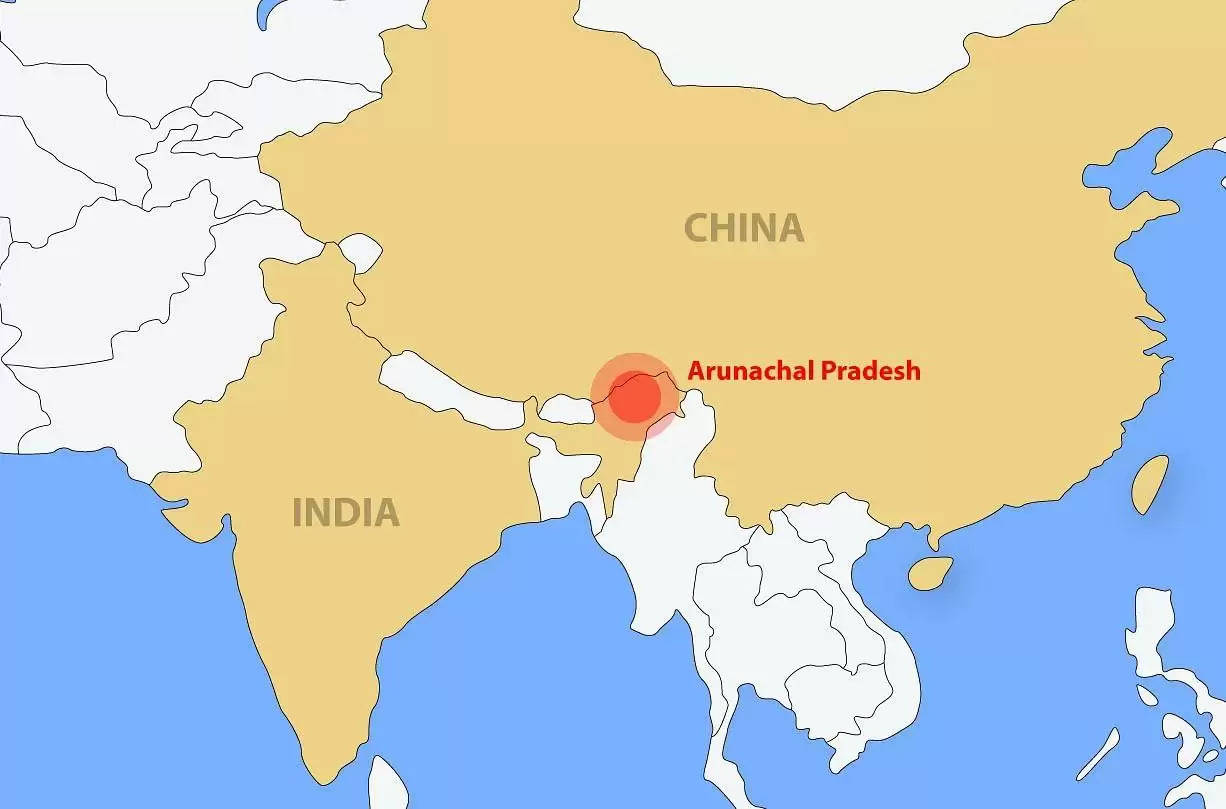OPINION | Indo-China Conflict: No War Please!

OPINION | By M Panging Pao
India and China have had an acrimonious relationship over the last 60 years. A major conflict was the Indo-China war of 1962, where Chinese forces forced their way almost 100 kilometres inside India in Arunachal Pradesh.
There were regular clashes at Nathula in Sikkim (1967), at Sumdorong Chu in Arunachal (1987), the 73-day Doklam standoff in 2017 including Chinese incursions in Asaphila, Tuting and Chaklagam areas of Arunachal Pradesh in 2017-2018.
The Indo-China conflict flared up in the last few months at Pangong Tso lake in Ladakh and in North Sikkim and violent clashes at Galwan Valley back in June, which resulted in the deaths of 20 Indian soldiers and over 40 Chinese soldiers.
A tense situation exists all along the Indo-China border. Amidst a national movement for a boycott of Chinese products and applications, electronic and social media are full of shrill nationalists and anti-China rhetorics.
ALSO READ: Has India been a good neighbour?
Unfortunately, the moderate, pacifying voices and opinions are cast aside by warmongering, hardliner opinions.
China is a major world power with the largest military and is the second-largest economy in the world. China's defence budget is four times compared to India, and military infrastructure is more developed on the Chinese side. Both nations are major nuclear powers armed with ballistic missiles.
A major Indo-China conflict would be disastrous for both nations. The following is a brief comparison of military forces of both the nations:
While both sides continue to make claims and counter-claims of military superiority, experts say that both nations are major powers and any major conflict will lead to the loss of thousands of lives and property on both sides. War will lead to uncountable misery and suffering.
Avoiding a major conflict is more relevant because of the ongoing COVID-19 pandemic as it affects both India and China, with millions losing their jobs and economies in recession.
Tactful diplomacy should strive to avoid another major Indo-China conflict.
The options for India are to mobilise world opinion against Chinese aggression and hope that major world powers provide their support. The USA and allies must continue deploying forces in the South China Sea to keep a major portion of Chinese forces occupied in the region.
The North East, especially Arunachal Pradesh, would suffer the most if the two nations were to go to war as the entire region would become the battlefield.
ALSO READ: National Games 2022 and COVID-19 Pandemic: Are we ready?
"We in Arunachal Pradesh and Northeast are directly affected since the battleground would be here! We should follow the teachings of our own Chanakya and practice some Chanakya Niti to avoid a war!"
"Chanakya Niti dictates that we counter China with economic boycott and diplomacy. War must be the last option only after we rule out all other ways! War happens when diplomacy fails! All North Easterners would agree that repeat of 1962 must be avoided!"
ABOUT THE WRITER:
Group Captain Mohonto Panging, Vayu Sena Medal, is a retired fighter pilot; retired after 25 years distinguished service to the nation. He had taken part in Kargil Operations, Operation Parakram and Activation after Mumbai attacks in Nov 2008. He is also the first person from North East India to command a Sukhoi-30MKI Fighter Squadron. Rtd. Capt. Panging is a resident of Arunachal Pradesh.
(DISCLAIMER: This is a personal opinion. The opinion expressed in the article above belongs to the writer alone and TNT- The Northeast Today may not endorse the same views.)
ALSO WATCH:

















